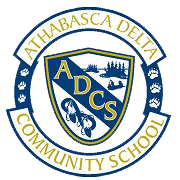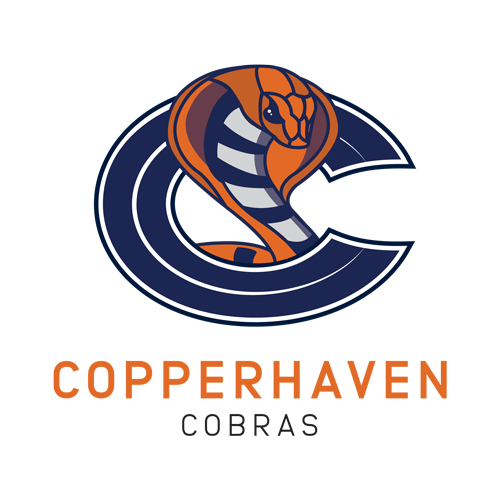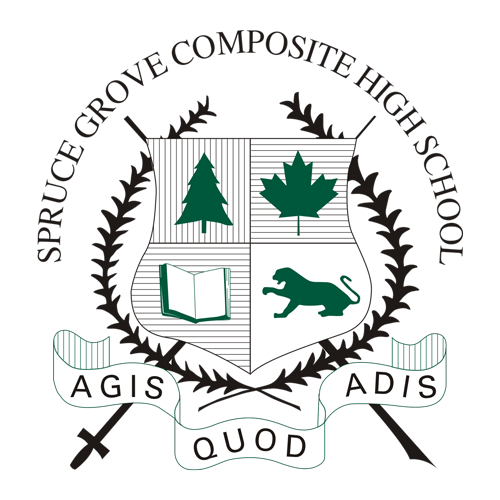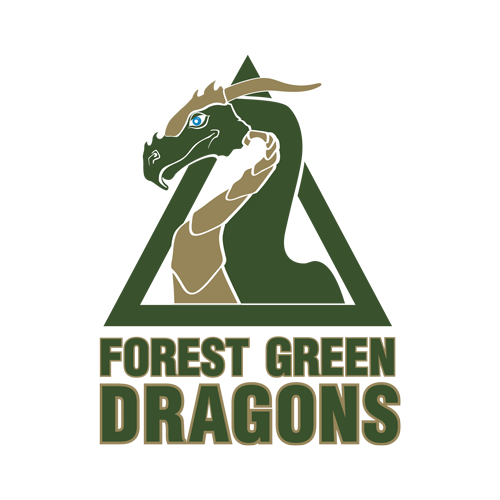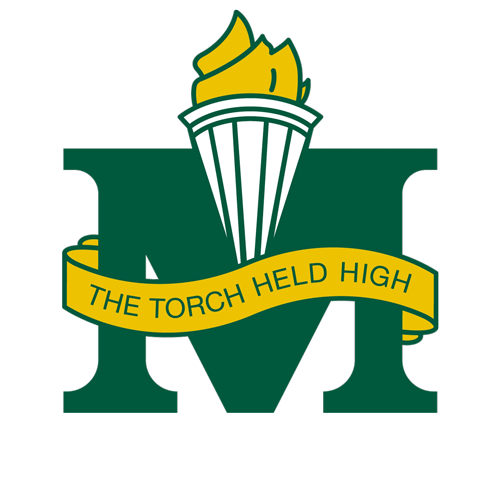AP 248: Non-Service Animals In Schools
Instruction & Assessment
Background
With proper implementation, care and attention, animals may provide educational and social benefits to a classroom. A site that contains animals shall consider that animals may cause allergic or asthmatic reactions and so careful consideration shall be given prior to permitting animals in schools. The purpose for keeping the animals needs to align to the Alberta Programs of Study.
The keeping of animals is governed by various pieces of legislation including:
- The Alberta Wildlife Act;
- The Alberta Animal Protection Act;
- The Alberta Service Dog Act; and
- The Criminal Code of Canada.
This Administrative Procedure guides the handling and care of non-service animals. Service-animals are attended to in Administrative Procedure 244 – Service Animals.
Note: It is against the law to hold-captive indigenous or wild animals (e.g. gophers, crows).
Procedures
With respect to proper care and handling:
1. The Principal shall approve the entry of all animals on either a temporary or permanent basis into the school.
2. The Principal shall reasonably and thoughtfully consider the variety of implications of adding a non-service animal to a school, including:
2.1. How the life expectancy of the animal might impact students;
2.2. How the animal may be cared for during non-operational days;
2.3. The long-term care of the animal;
2.4. That certain larger animals may require appropriate certification prior to being introduced into any school;
2.5. That certain animals can carry and pass harmful organisms, via touching or biting, which may cause illness to humans;
2.6. Whether the animal may have an adverse effect on indoor air quality; and
2.7. The potential implication that required veterinary care may have on school financial resources.
3. Responsibility for the humane and proper care of animals is the legal obligation and moral responsibility of those who have assumed stewardship of the animals.
4. Once an animal has been approved by a Principal, the teacher accepts full responsibility for and shall closely supervise and monitor care and use of animals in the classroom.
5. Notwithstanding Service Animals (i.e., Certified Service Dogs), at all times, including non-school days, animals are only to be in schools for specific educational, therapeutic or guide purposes; specifically,
5.1. School staff and students shall not bring their animals to school for any purposes outside of the scope of this Administrative Procedure.
6. Animals may be in the classroom for observation only, not for experimentation.
7. Animals are not permitted in classrooms that have individuals with compromised health status, asthma or allergies to that animal; notably,
7.1. Animals may need to be removed to address health concerns.
8. Parents are to be informed appropriately and thoughtfully regarding animals in the school.
9. All animals are to be in good health, show no evidence of disease and be friendly towards students and staff.
10. All reptiles carry salmonella bacteria, therefore reptiles, including turtles and iguanas, are not appropriate animals for primary grades.
11. Exotic animals such as ferrets, or wild animals such as bats and skunks, are prohibited.
12. Animals are not to be allowed to roam free in the classroom.
13. Staff and students are to wash hands thoroughly with soap and water after handling animals or animal items and before eating.
14. Students are to be taught how to behave around an animal;
14.1. Animals are not to be provoked or teased; and
14.2. Students are to be taught to keep their faces away from an animal’s mouth, beak or claws and never to kiss an animal.
15. Unsupervised handling of animals by any students is not to be permitted.
16. Persons with open cuts or sores are not to handle animals unless using disposable gloves (see s. 21).
17. Animals are to be housed humanely in cages, aquariums, etc., that are appropriate to the well-being of the animal.
With respect to cleaning:
18. A tray or drop sheet is to be kept under animal cages to capture animal wastes and material to prevent these materials from spilling onto floors and furnishings.
19. Animal living areas are to be cleaned at least once a week or as required to minimize odor and ensure appropriate sanitation;
19.1. All animal waste is to be disposed of immediately;
19.2. Animal waste boxes are not to be accessible to students; and
19.3. Feces and waste are to be placed in a plastic bag and then disposed in the outside trash bin.
20. Cages are never to be cleaned in kitchens or anywhere where food is prepared or eaten; and
20.1. Sinks, bathtubs or shower stalls for cleaning animal cages shall be thoroughly disinfected before they can be used again.
21. Non-powder latex gloves, or gloves appropriate for animal handling, shall be worn when cleaning aquariums or animal cages and hands washed thoroughly when finished.
With respect to animal bites or animal caused injuries:
22. Wounds shall be immediately washed with soap and water;
23. first-aid shall be applied as necessary to do so;
24. The animal that has bitten the person shall be isolated appropriately;
25. The staff member(s) involved shall review the Task Hazard Analysis regarding Care of Human, Animal and Insect Bites;
26. The Principal shall be immediately informed of the incident;
27. An Accident Report and First Aid Record Form shall be completed and submitted to the Health and Safety Department; and
28. The Principal shall inform Alberta Health Services and Animal Control if a bite, from a canine, feline or ferret, breaks the skin; specifically:
28.1. For injuries that break the skin, the Superintendent or designate shall be notified.
With respect to animal illness:
29. If possible, the staff member who is responsible for the animal shall seek to identify the cause of animal illness;
30. Only staff members may handle an animal exhibiting illness;
31. The animal shall be removed, if possible, from the classroom and placed in a quiet, secure area;
32. If an animal has an apparent health issue or if an animal is in distress, the Principal or designate shall contact a veterinarian for diagnosis and treatment; and
33. In the event of the death of an animal kept in the classroom, the animal shall be disposed of safely and in a manner that is sensitive to student emotions and as per local by-laws.

